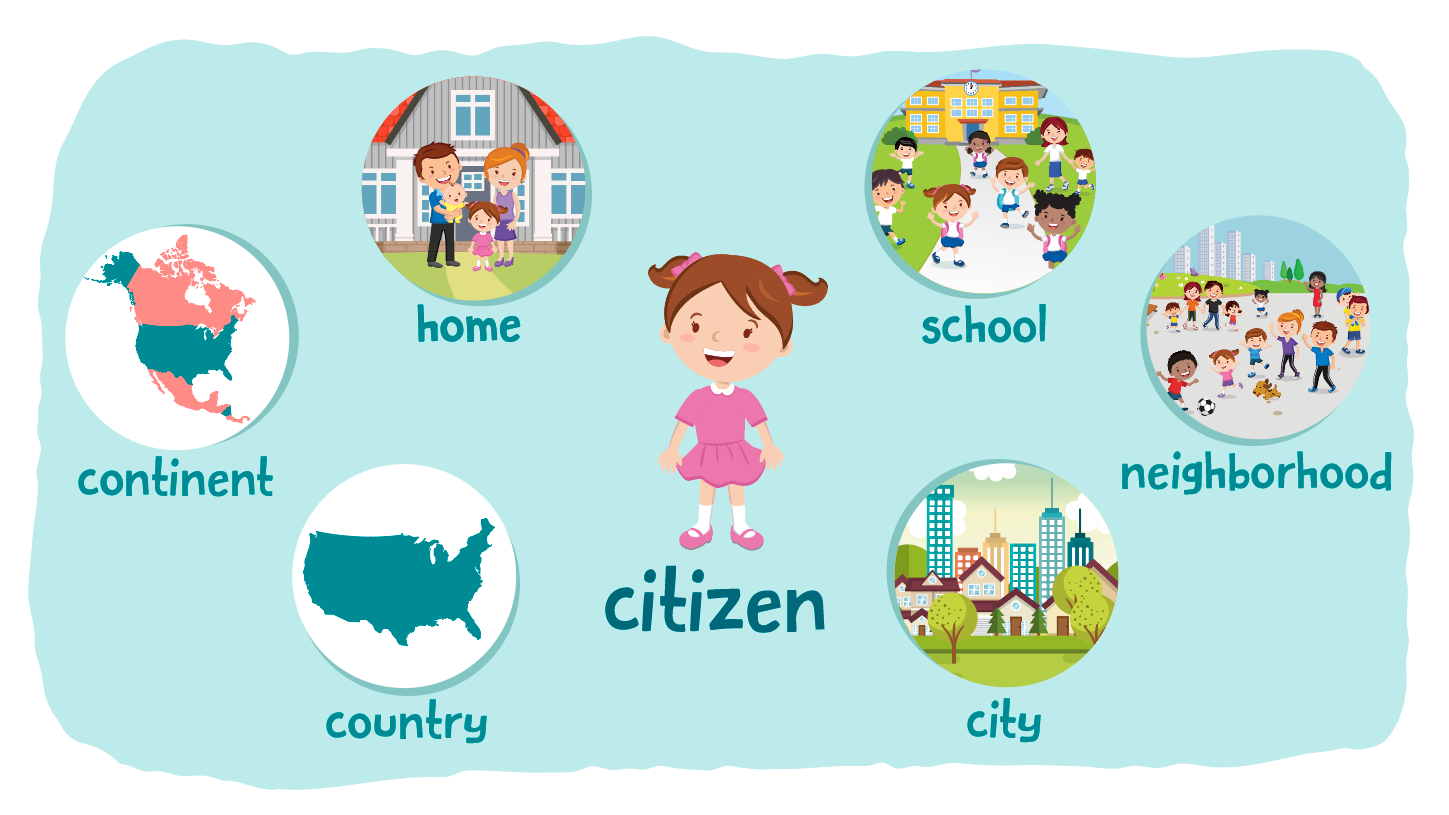Critical Thinking Normal Worksheets for Ages 4-8 - Page 3
99 filtered results
-
From - To
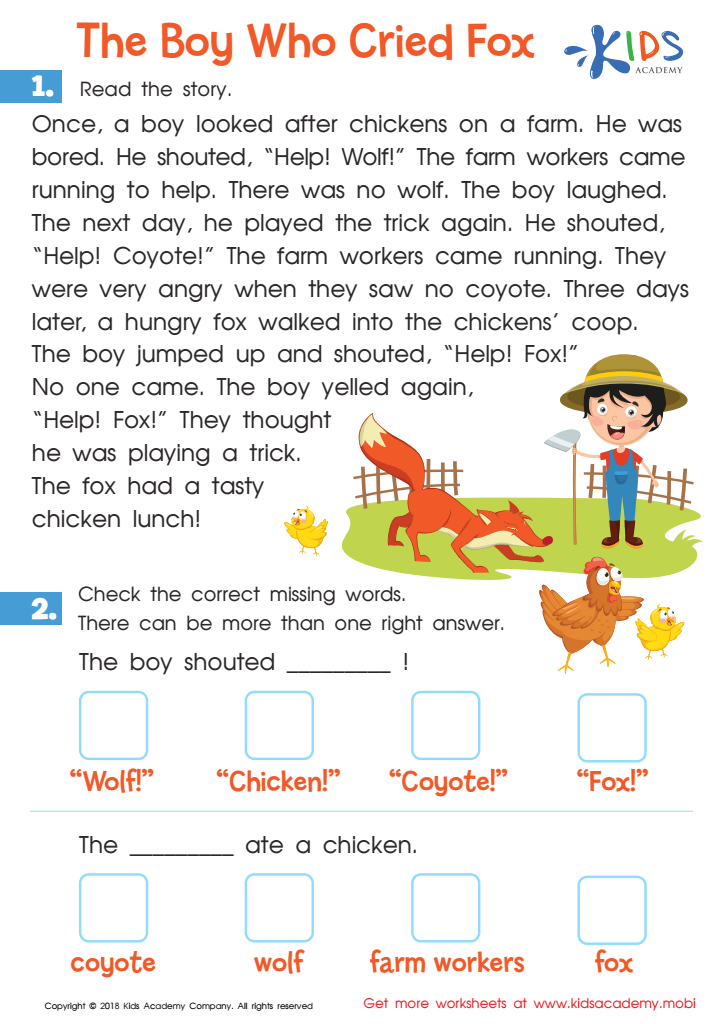

The Boy Who Cried Fox Worksheet
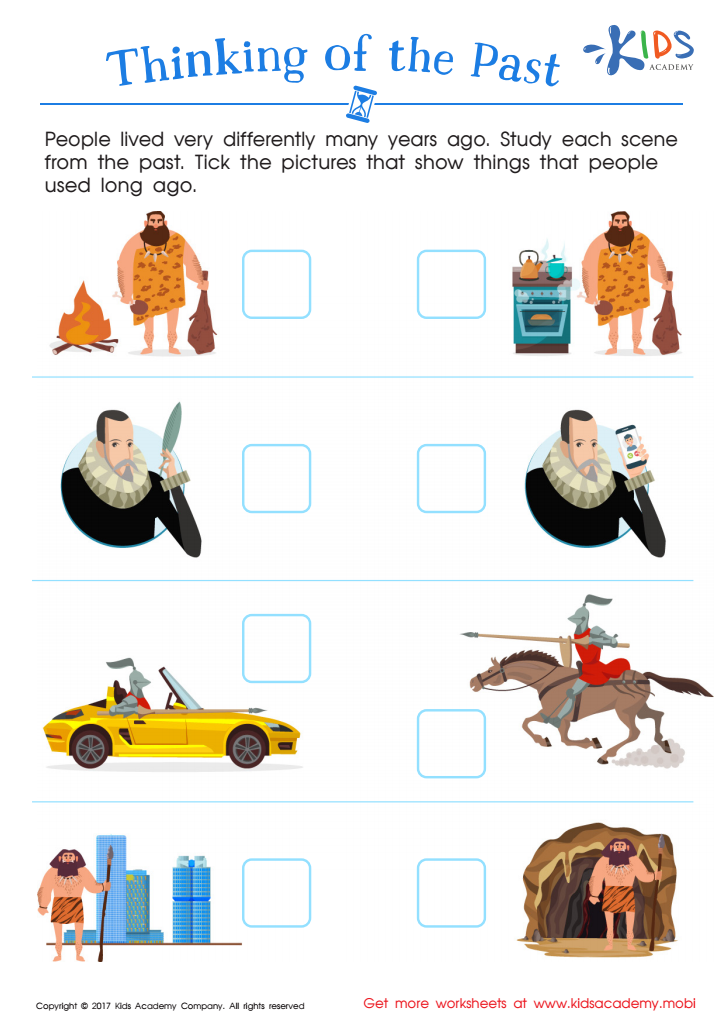

Thinking Past Printable


Thanksgiving Holiday Printable
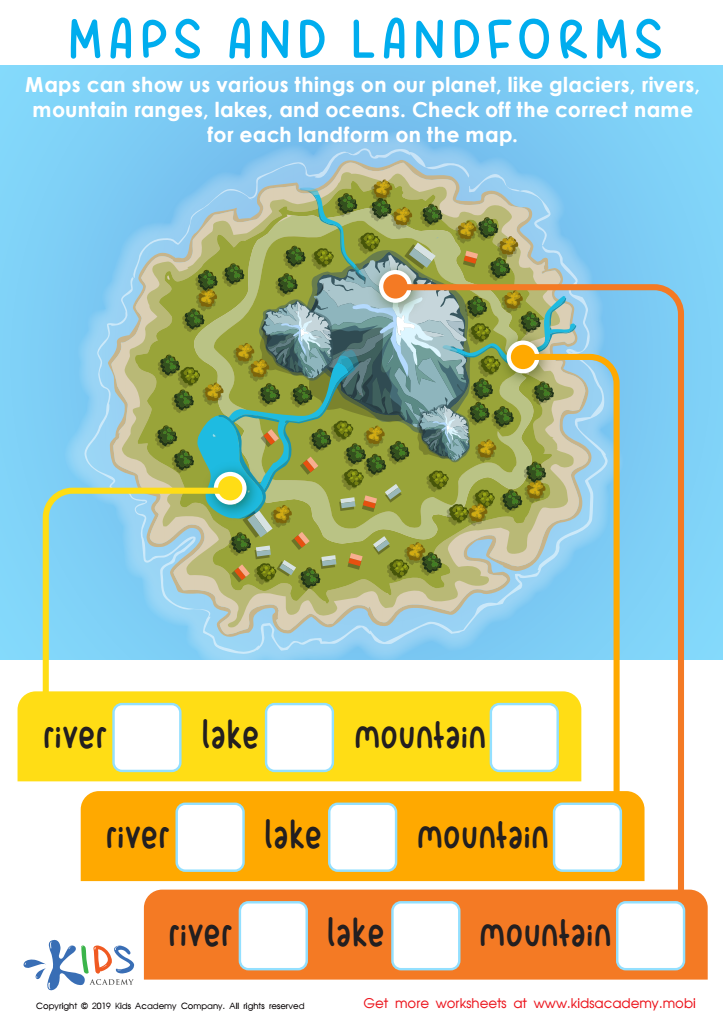

Maps and Landforms Worksheet


U.S. States Quiz Worksheet
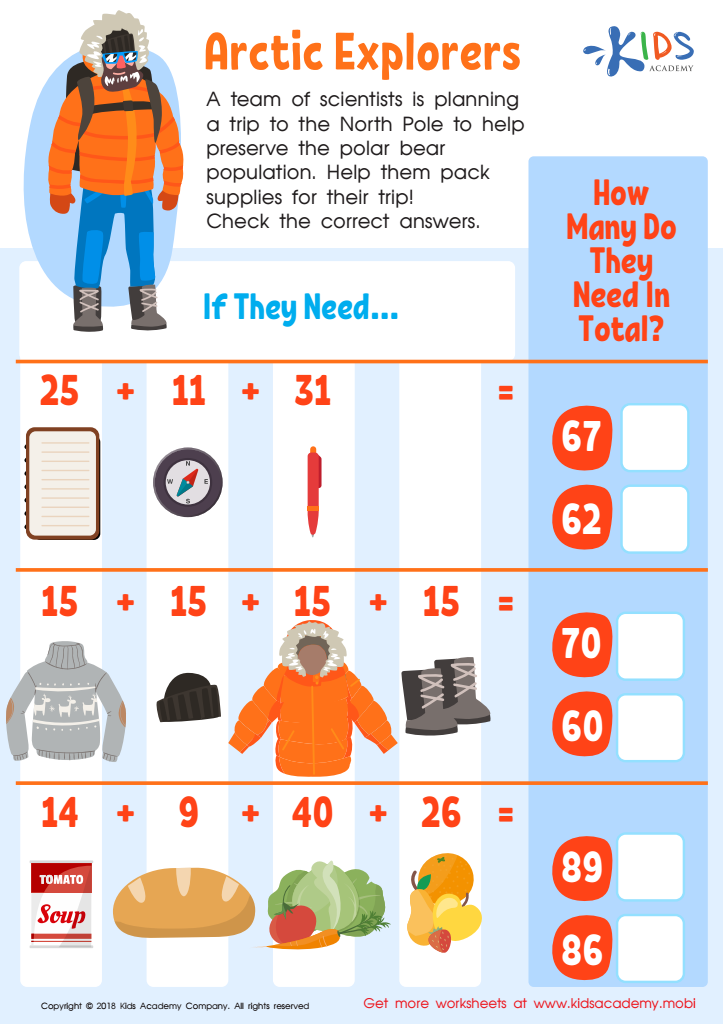

Arctic Explorers Worksheet


Journey to Jamestown Worksheet


What Do Teachers Need Worksheet
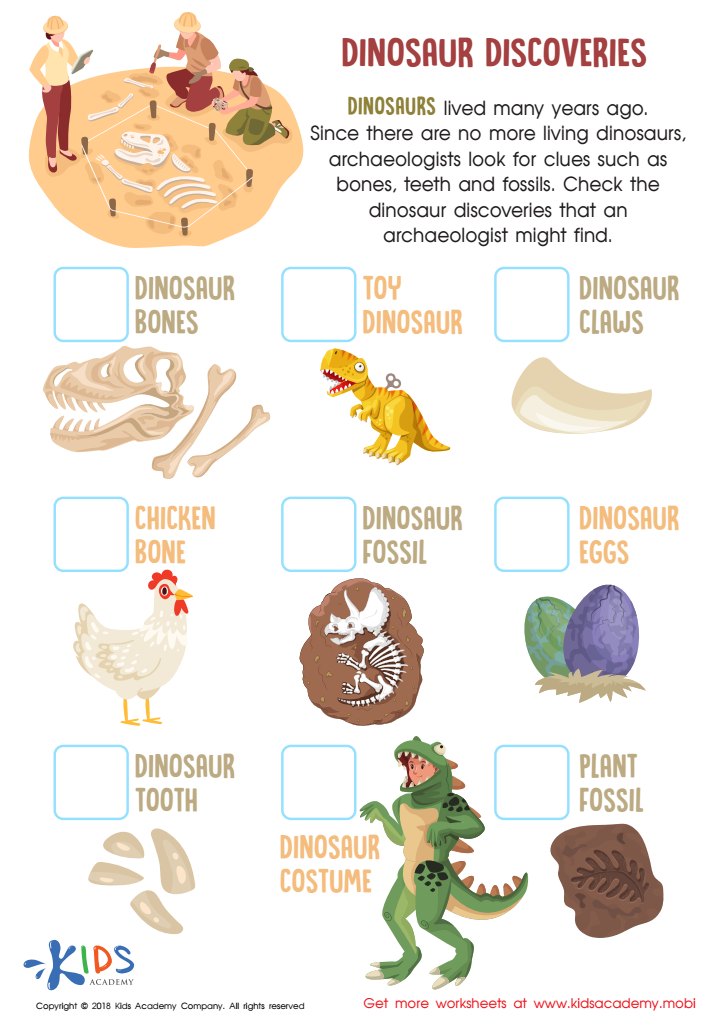

Dinosaur Discoveries Worksheet
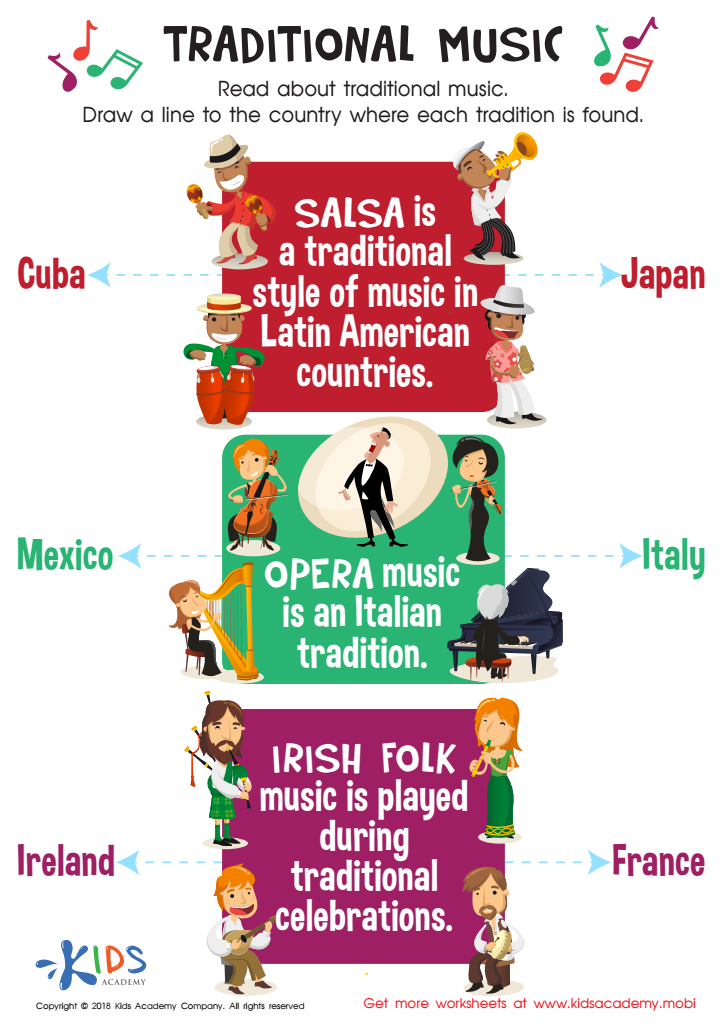

Traditional Music Worksheet
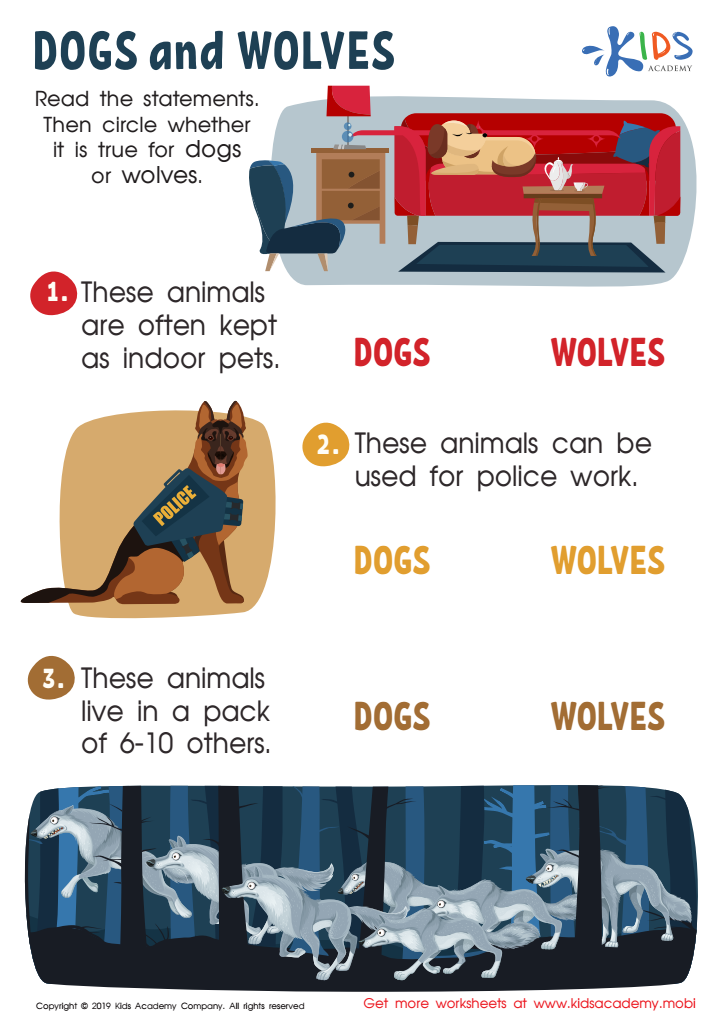

Dogs and Wolves Worksheet
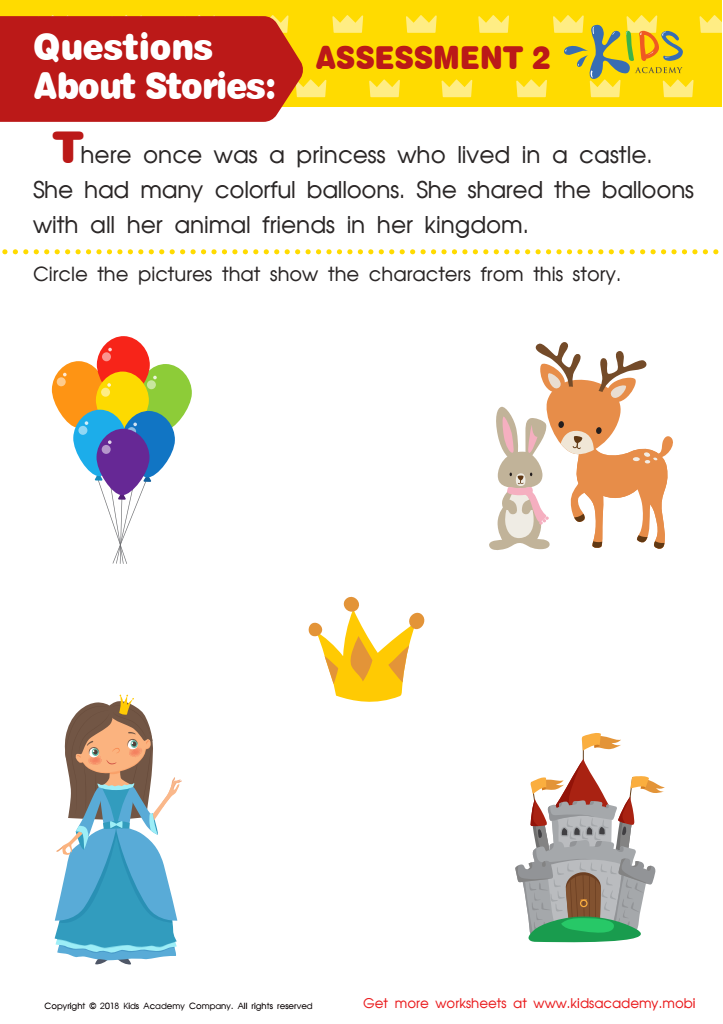

Questions About Stories: Assessment 2 Worksheet
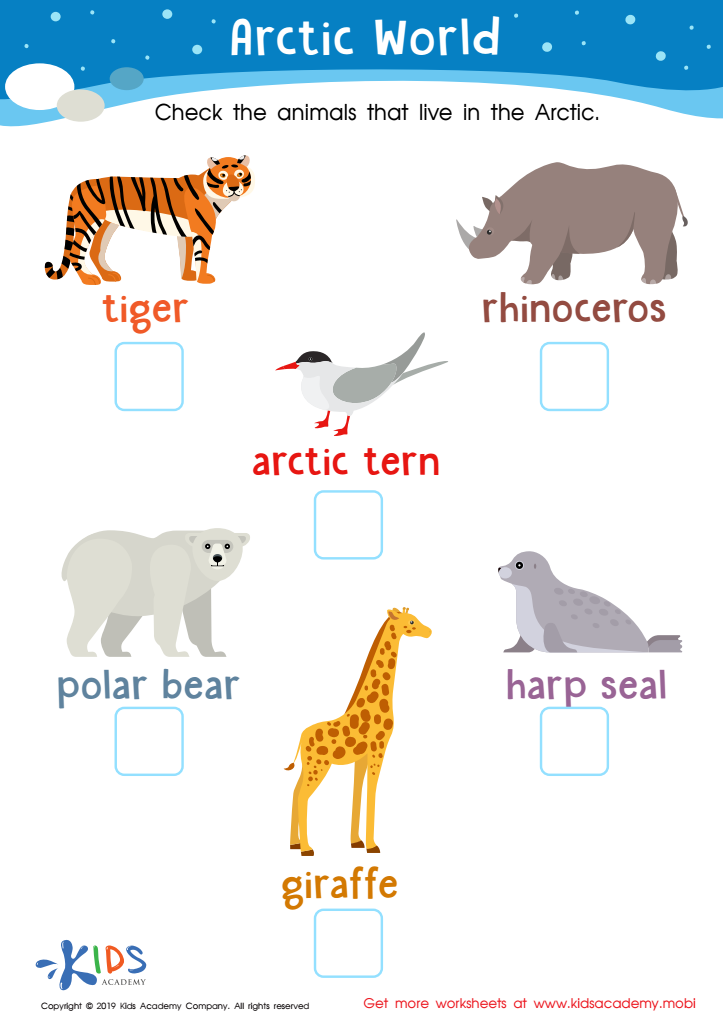

Arctic World Worksheet
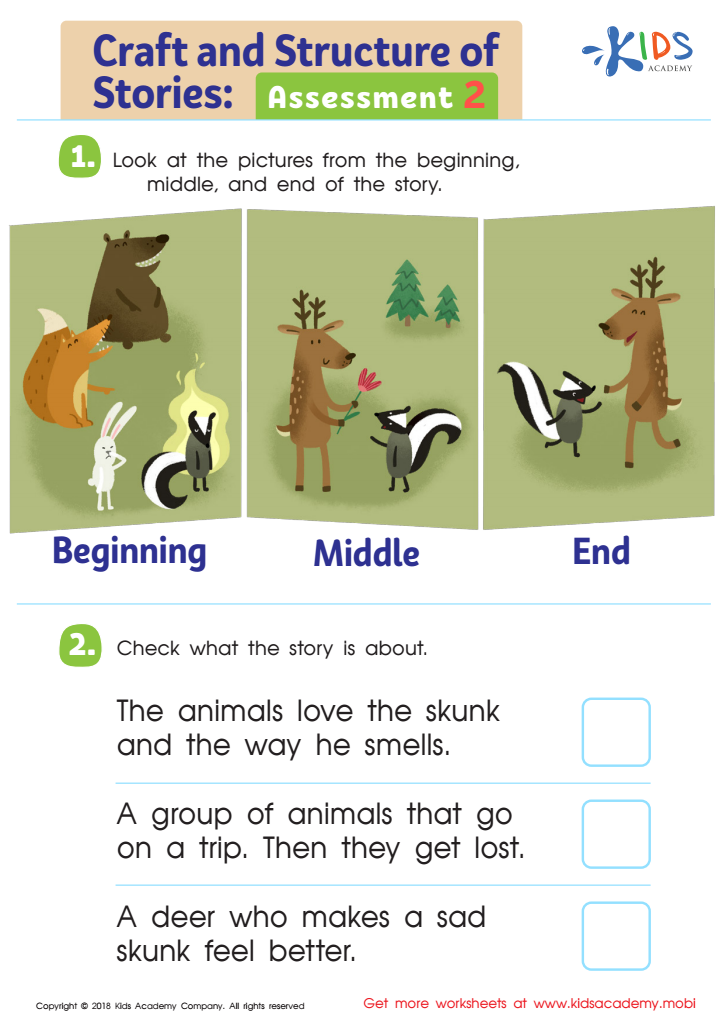

Craft and Structure of Stories: Assessment 2 Worksheet
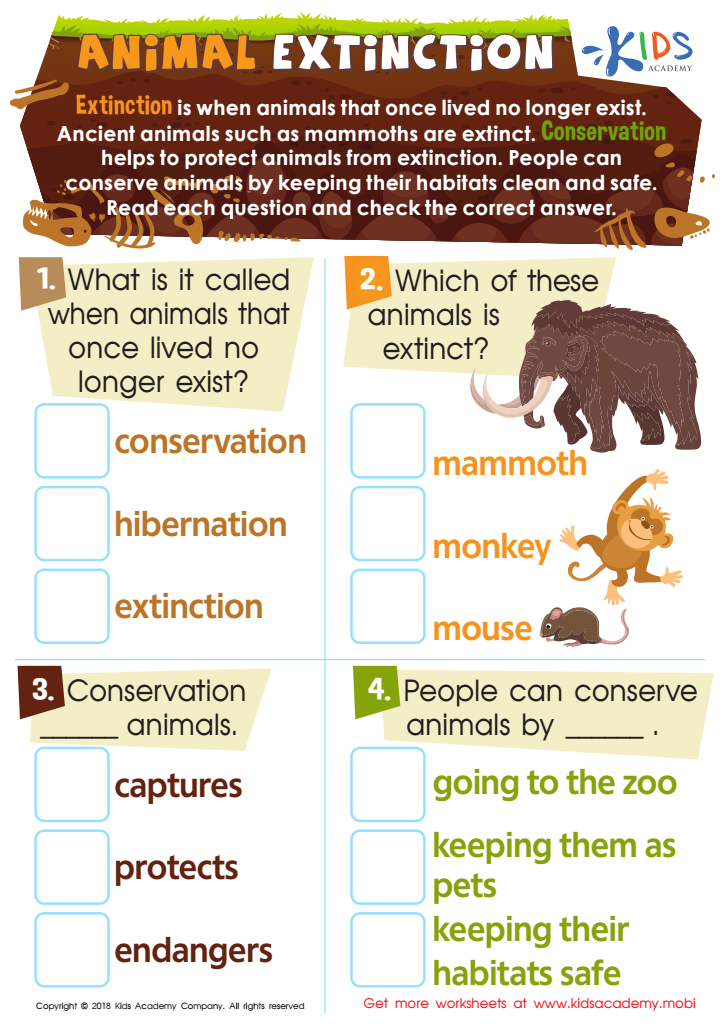

Animal Extinction Worksheet
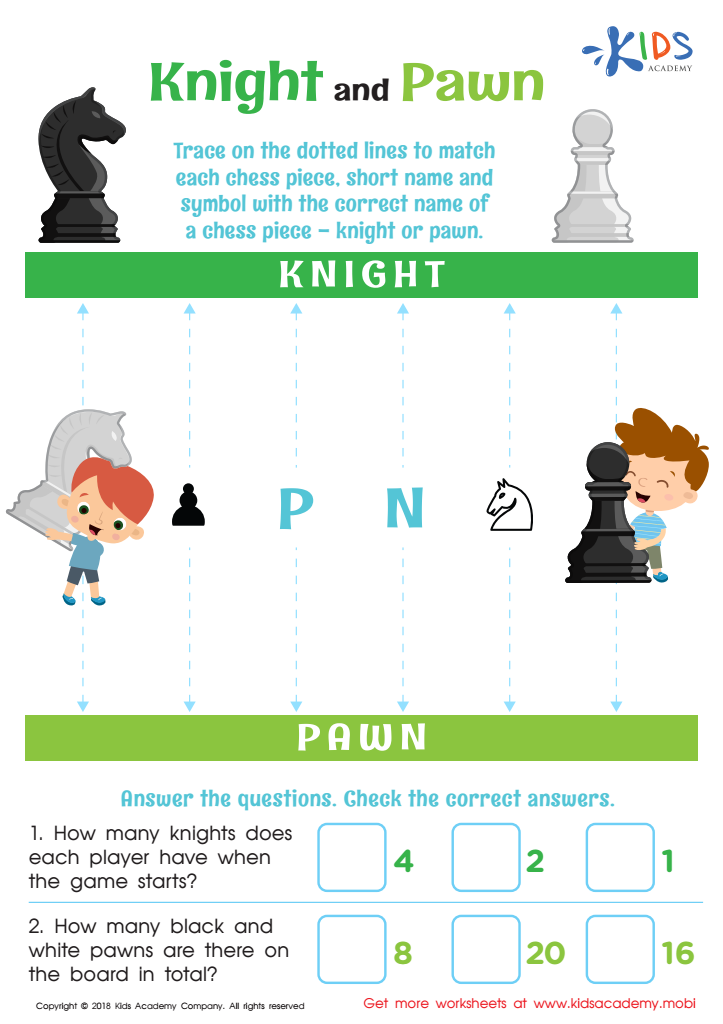

Knight and Pawn Worksheet
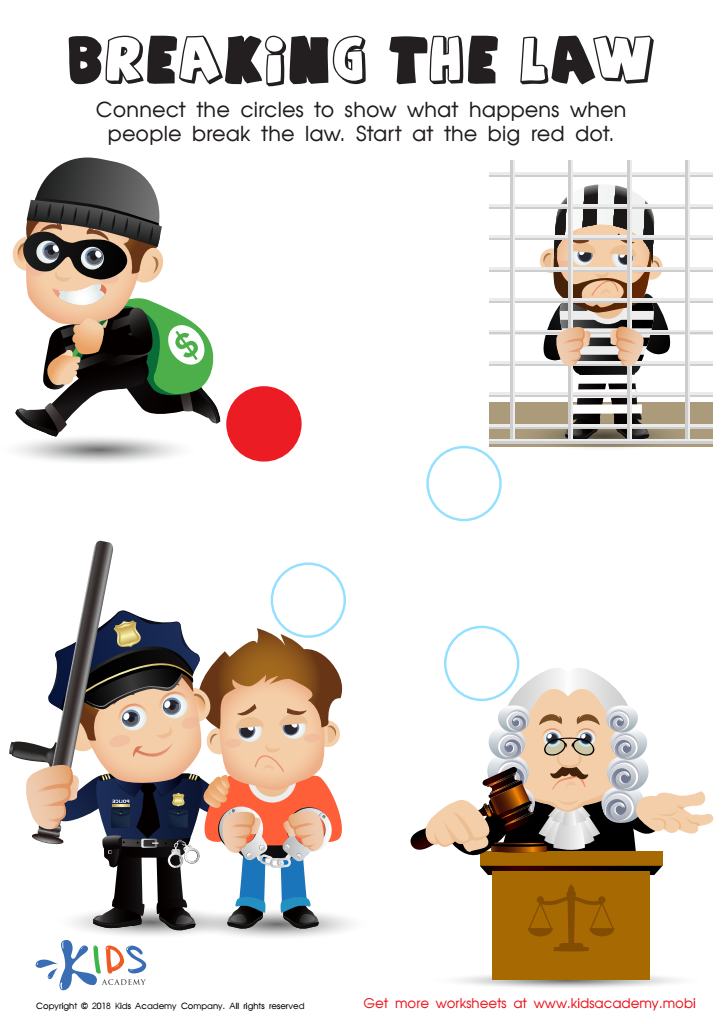

Breaking the Law Worksheet


Word Problems: Assessment 2 Worksheet
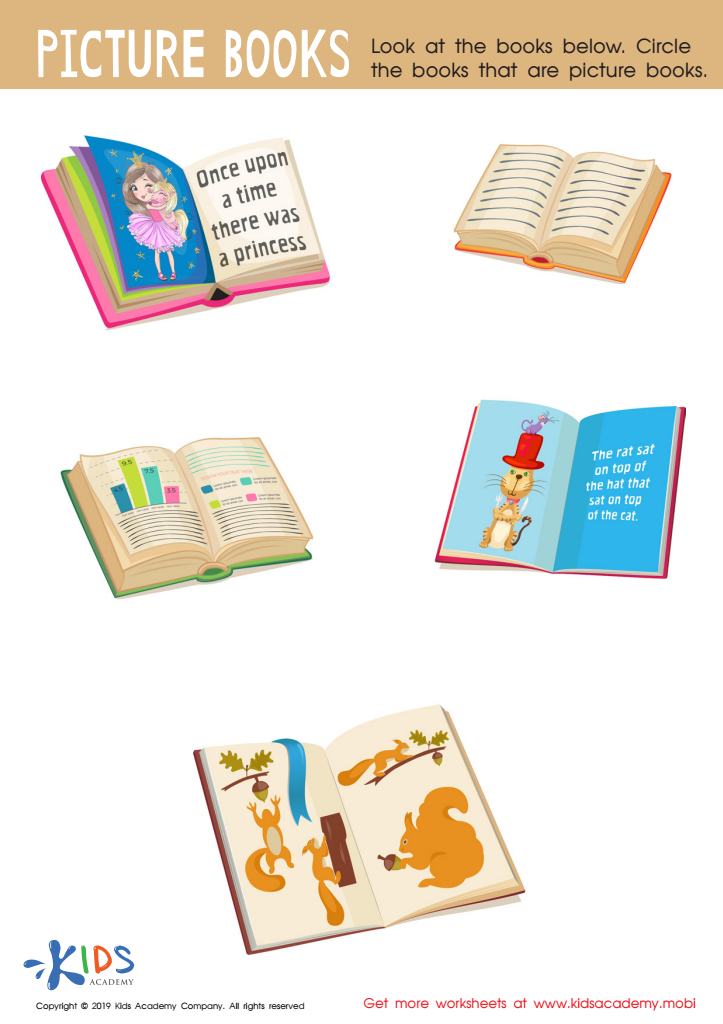

Picture Books Worksheet
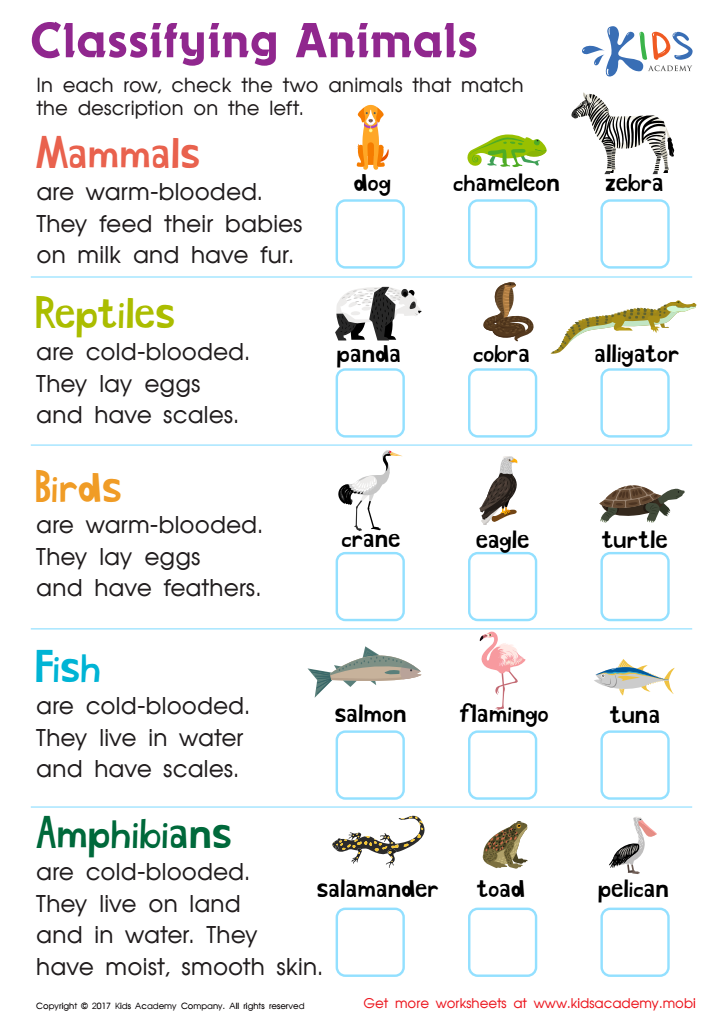

Classifying Animals Worksheet
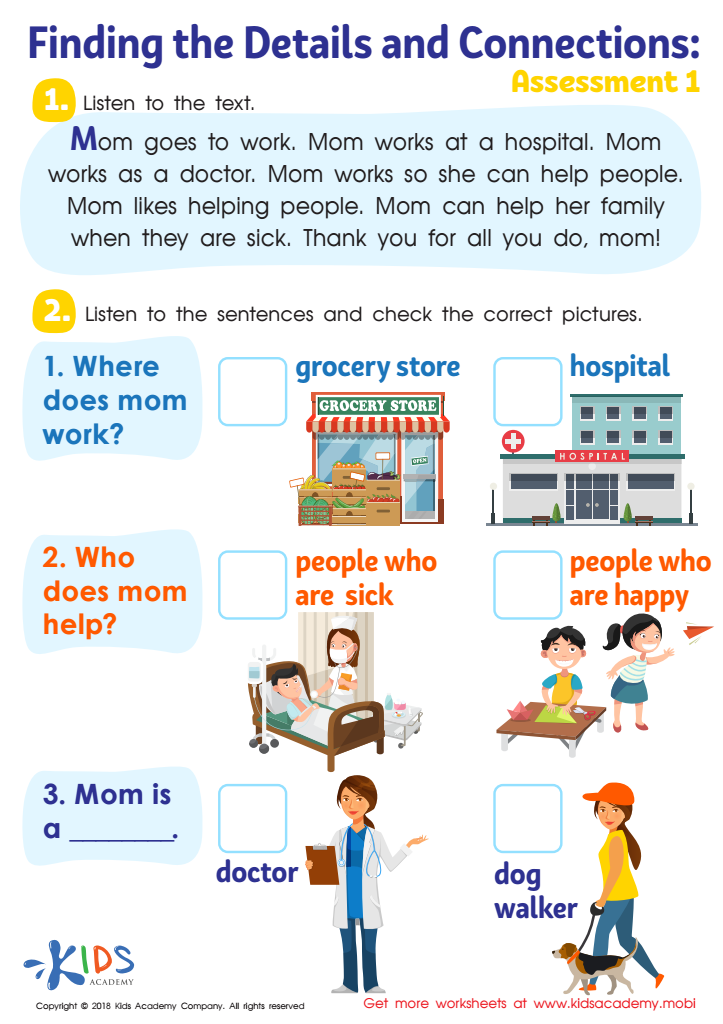

Finding the Details and Connections: Assessment 1 Worksheet
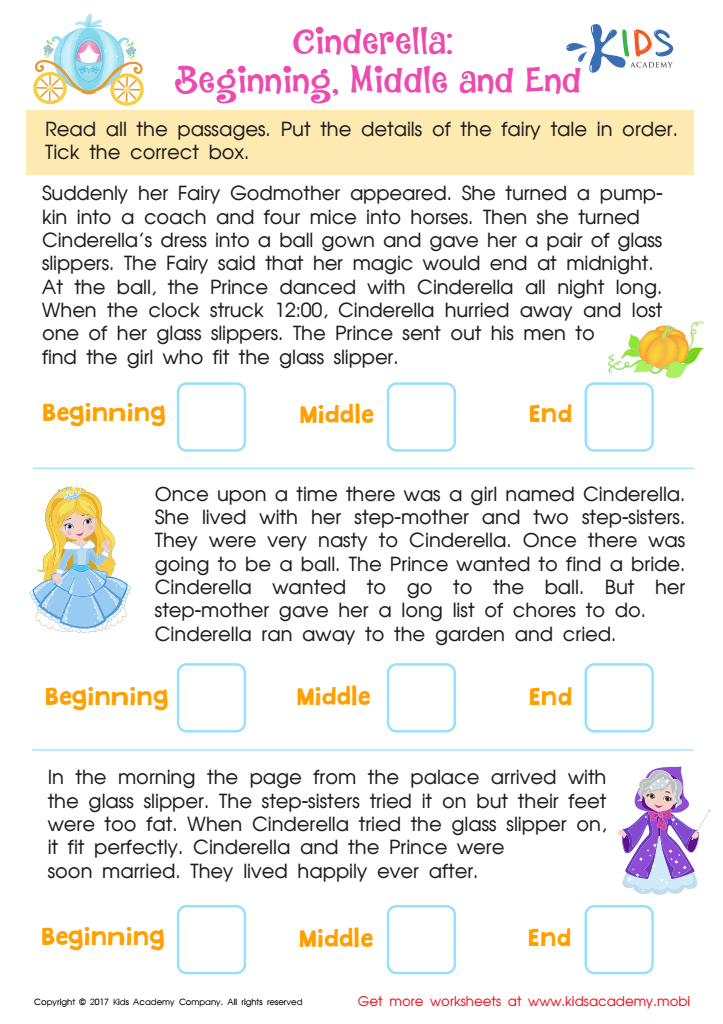

Cinderella: Beginning, Middle and End Worksheet
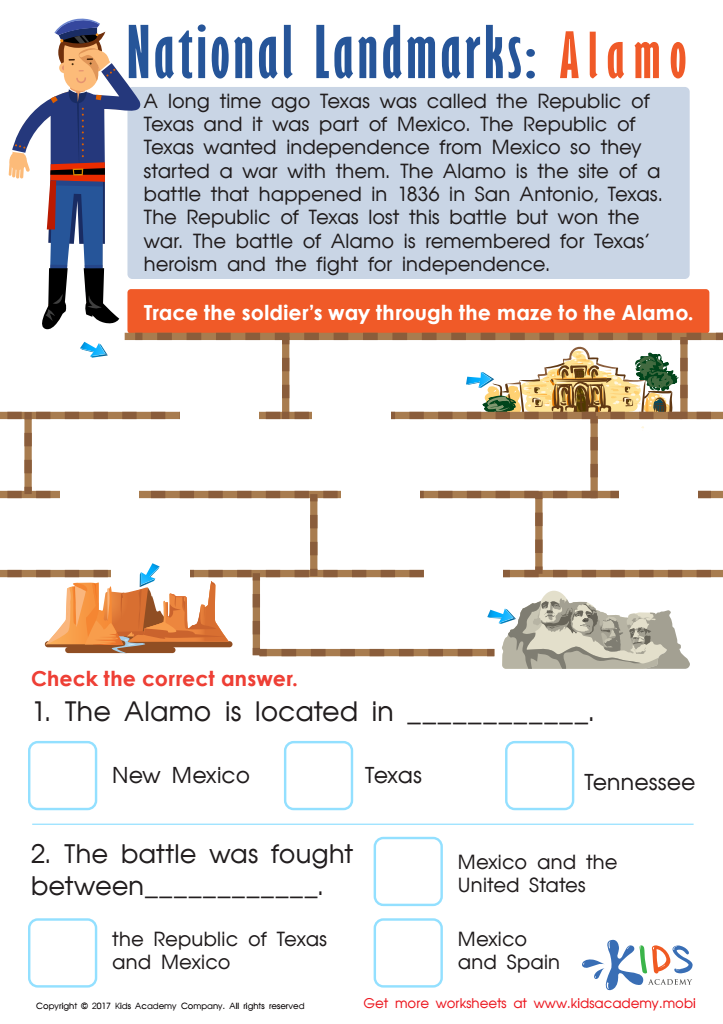

Alamo Printable Worksheet
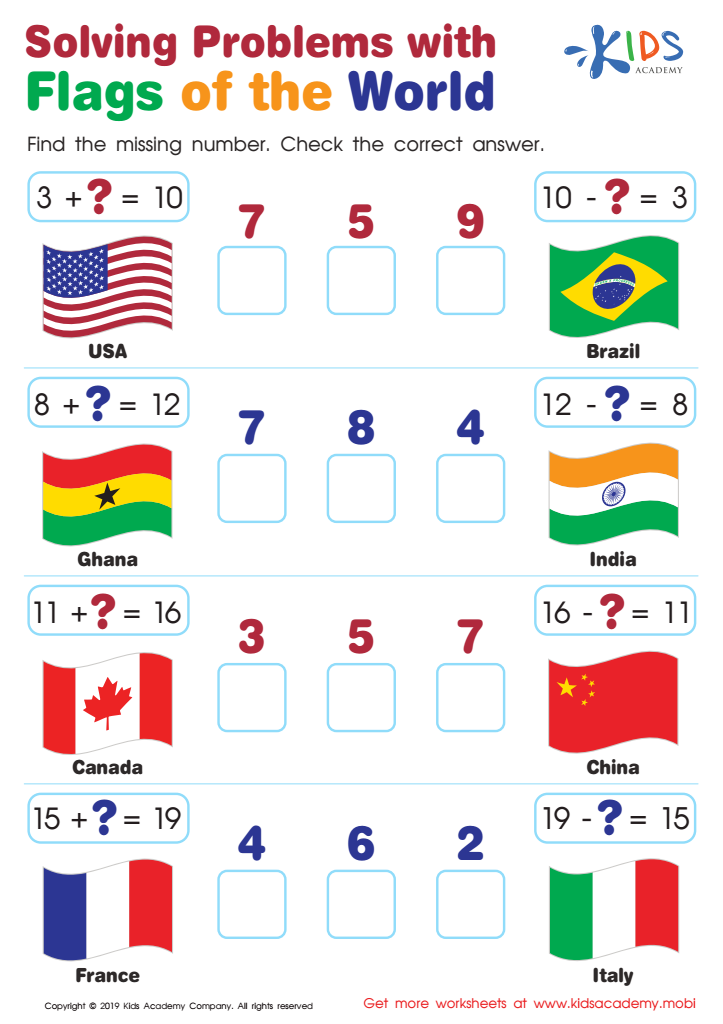

Solving Problems with Flags of the World Worksheet
Critical thinking skills are essential for children aged 4-8 as they lay the foundation for lifelong learning and problem-solving abilities. At this developmental stage, children are naturally curious and eager to explore their environment. Encouraging critical thinking enables them to ask questions, analyze information, and draw conclusions based on their observations.
Parents and teachers should care about fostering critical thinking because it empowers children to become independent thinkers. Through activities that promote inquiry, discussion, and exploration, children learn to evaluate situations, recognize patterns, and consider multiple perspectives. These skills enhance their ability to navigate social interactions and academia, preparing them for future challenges.
Moreover, critical thinking helps children develop resilience as they learn to approach problems methodically. Rather than relying solely on memorization, they are equipped to tackle real-world issues creatively and confidently. This flexibility in thinking supports emotional intelligence and adaptability, crucial traits in today’s increasingly complex world.
Additionally, teaching critical thinking at an early age helps cultivate a love for learning, encouraging children to seek knowledge beyond the classroom. By nurturing these abilities, parents and teachers can ensure that children grow into competent, resourceful adults who are capable of making informed decisions throughout their lives.

 Assign to My Students
Assign to My Students






